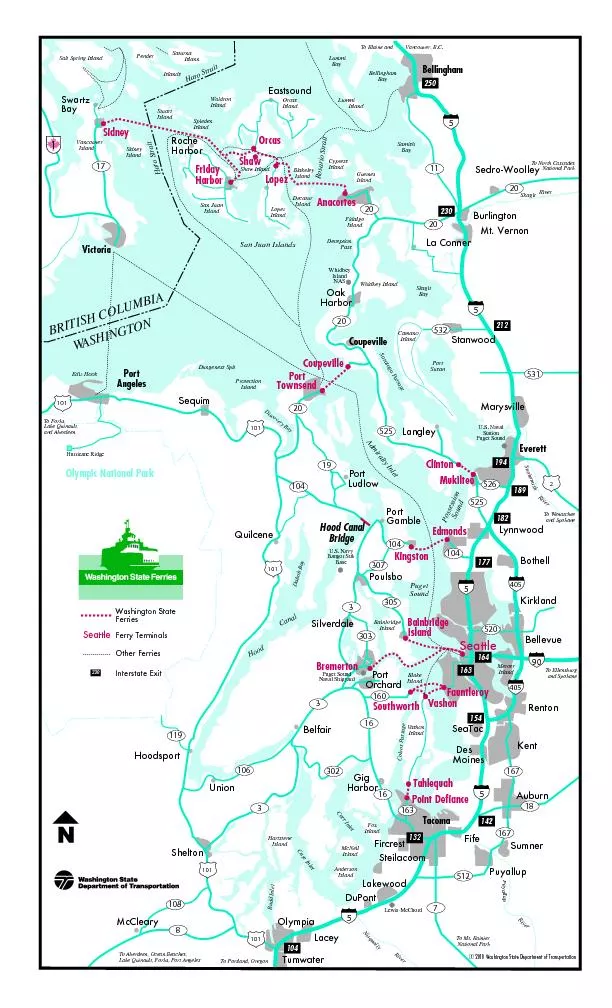PPT-Western Civ 101-02 Class 19
Author : ellena-manuel | Published Date : 2018-03-10
October 7 2015 The Western World in the Midst of Change From Speaking to Writing Writing Emerges and Leads the runup to writing Deep rhetorical base in the oral
Presentation Embed Code
Download Presentation
Download Presentation The PPT/PDF document "Western Civ 101-02 Class 19" is the property of its rightful owner. Permission is granted to download and print the materials on this website for personal, non-commercial use only, and to display it on your personal computer provided you do not modify the materials and that you retain all copyright notices contained in the materials. By downloading content from our website, you accept the terms of this agreement.
Western Civ 101-02 Class 19: Transcript
Download Rules Of Document
"Western Civ 101-02 Class 19"The content belongs to its owner. You may download and print it for personal use, without modification, and keep all copyright notices. By downloading, you agree to these terms.
Related Documents














